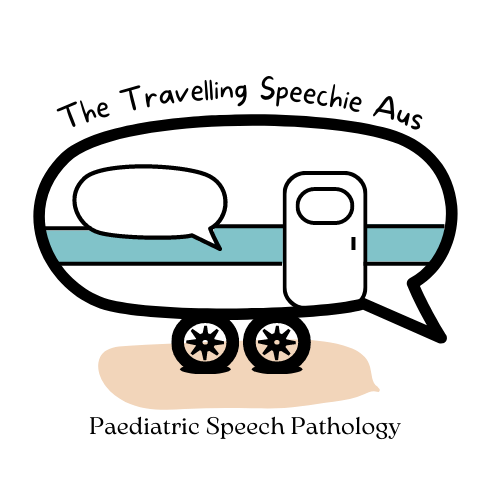
Early Language
The early play and pre-linguistic (pre-language) skills required for communication development.
Children learn early language and literacy skills through everyday exposure to things such as singing songs, reading books and playing and laughing together. These early language skills are often non-verbal such as:
Joint attention (shared attention in the same thing)
Pointing and reaching
Engagement
Imitation (copying)
Non-word vocalisations (babbling)
Anticipation
Looking and listening
In addition to the above, a child will also learn social and emotional responses to situations. For example, when a baby babbles and you respond, they learn that when we communicate we take turns; even though they are not using words yet.
Common Questions
-
Infants will babble and coo as they grow and develop. We typically expect children to use their first words between 12 - 18 months of age. First words are defined by a child using words with meaning and intent, in comparison to babbling where they are playing with sounds.
-
A child’s job is to play and learn! Children learn EVERYTHING through what they are exposed to. A young child will learn words, sounds, how to play and appropriate behaviours by watching what goes on around them and how people engage with them. Children also learn best through play.
-
Get down on the floor, be at their level and play with them! Copy their play ideas, use simple language, talk about what both of you are doing and keep your tone of voice fun!
I know it can feel silly to play the same as your child, however this is how they know you enjoy their company and how they learn best. Let go and have fun!
-
No! Engaging in books is great for their language and literacy development. You can ‘read’ the words provided or make up your own story.
-
Children at 2 years typically have about 50 words in their vocabulary.
They will also usually be starting to join words together to form small phrases such as ‘more juice’ and ‘bye teddy’.


